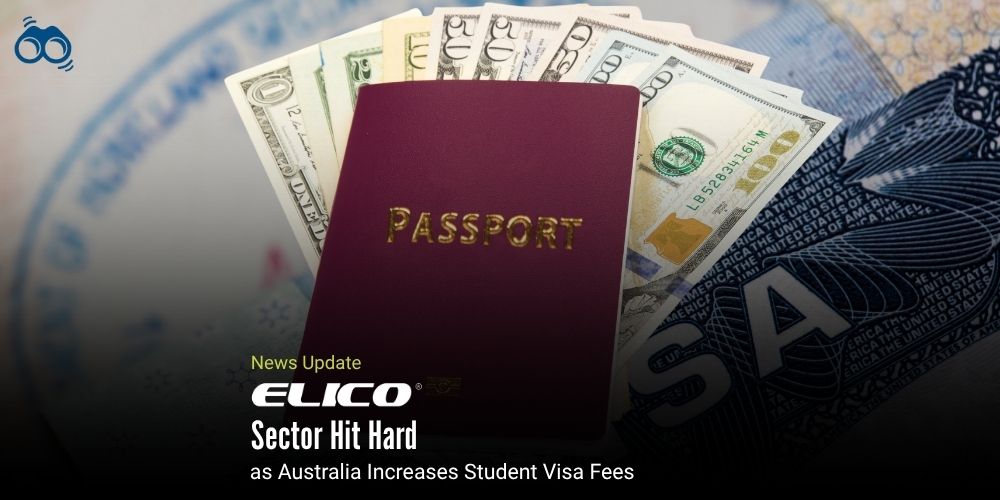Soaring Visa Costs Threaten Access to Australian Education for International Students
Government Justifies New Visa Fee Hike as a Measure for Sectoral Sustainability
In a bold policy escalation effective from 1 July, the Australian Government has raised the student visa application fee to AUD $2,000. This latest increase comes on the heels of last year’s dramatic 125% hike, signalling a decisive shift towards a more regulated and selective international education model. Framed as part of the government’s electoral commitments, the adjustment is positioned as a measure to ensure the sustainability of the international education sector.
While authorities underscore their commitment to equity, quality, and integrity, the sharp rise in fees places substantial financial pressure on prospective international students. In contrast, the Government has confirmed that reduced visa fees for applicants from Pacific Island nations and Timor-Leste will remain unchanged.
Despite its stated intent to filter for genuine students, the hike is expected to draw criticism, particularly from the English Language Intensive Courses for Overseas Students (ELICOS) sector, which is already contending with declining enrolments and mounting financial strain. Industry experts have observed that many students interested in short-term English courses are now deterred by the rising costs. Following the 2024 increase, several providers reported a 50% drop in enrolments.
This fee surge has also coincided with a series of institutional closures. Notably, Perth International College of English (PICE) shut down, with Director John Paxton attributing the closure to falling enrolments and increased visa-related expenses. Similarly, IH Sydney and The Language Academy, operating campuses in Sydney and the Gold Coast, also ceased operations, citing rising visa costs as a contributing factor. The rising cost of access risks eroding Australia’s role as an inclusive global education destination.
Editor’s Note:
As Australia raises its student visa application fee to AUD 2,000, compounding a 125% increase implemented just a year prior, the ripple effects extend far beyond its borders. This policy shift arrives at a time when international students are already navigating an increasingly complex web of immigration restrictions, tightened work rights, and evolving policy landscapes in major study destinations including the United Kingdom, Canada, and the United States. For many aspiring scholars from low- and middle-income countries, such escalations represent more than just administrative changes; they are barriers that jeopardise educational opportunity, upward mobility, and cultural exchange. The decision, while framed as a measure to safeguard sectoral sustainability and integrity, risks limiting diversity in Australian campuses and diminishing the country’s longstanding appeal as a welcoming, inclusive hub for global learning.
Skoobuzz asserts that in this pivotal moment, policymakers must weigh fiscal objectives against the core values that define international education: access, equity, and shared progress.














0 Comments (Please Login To Continue)